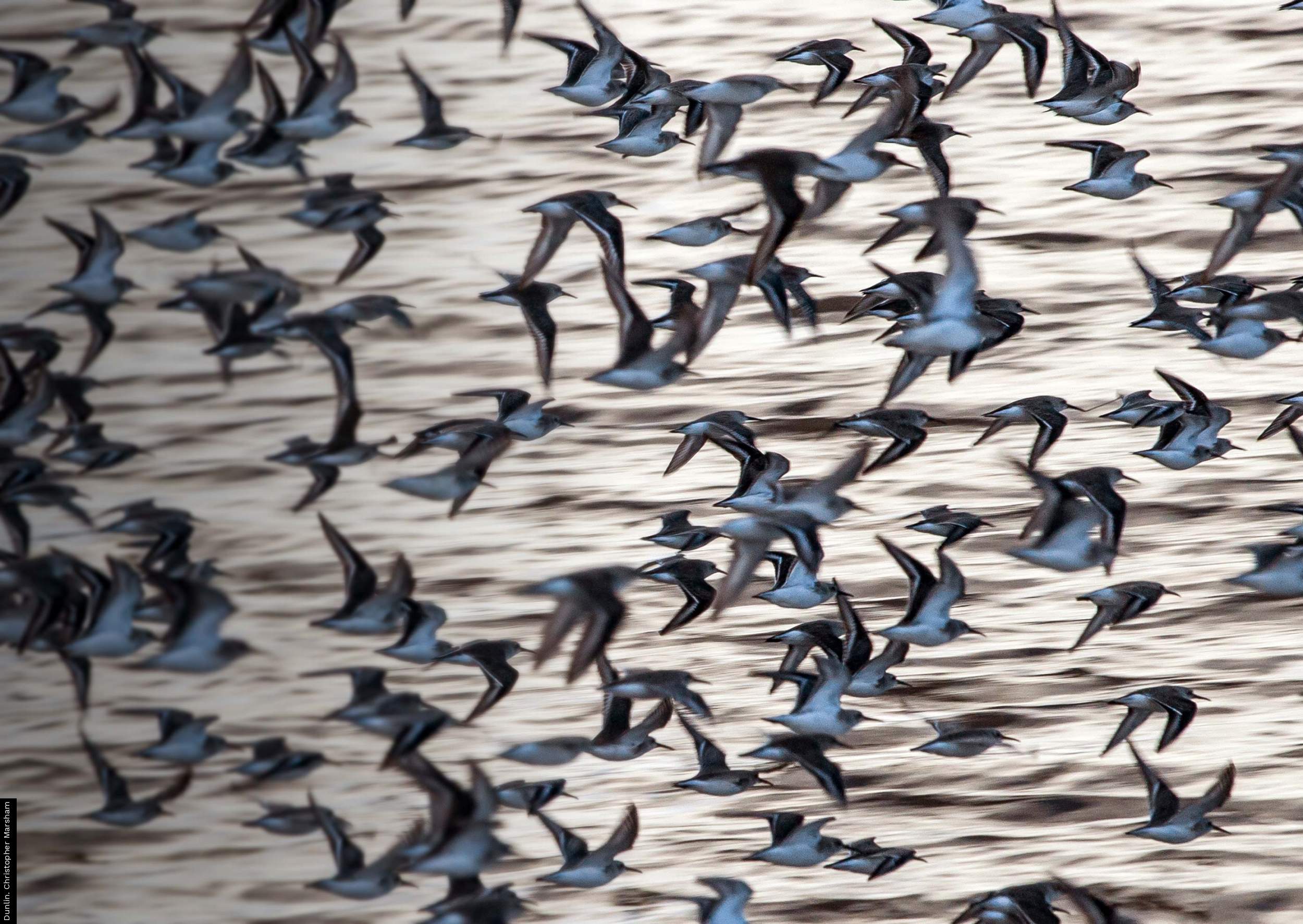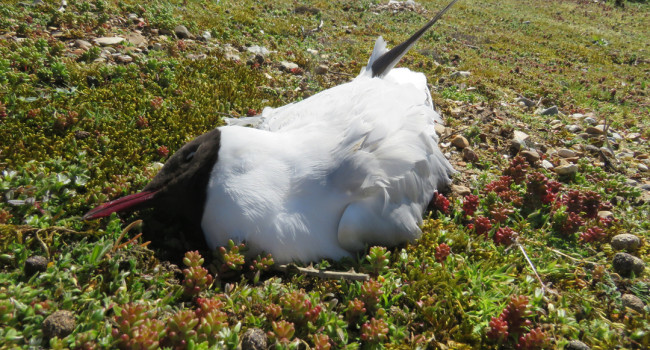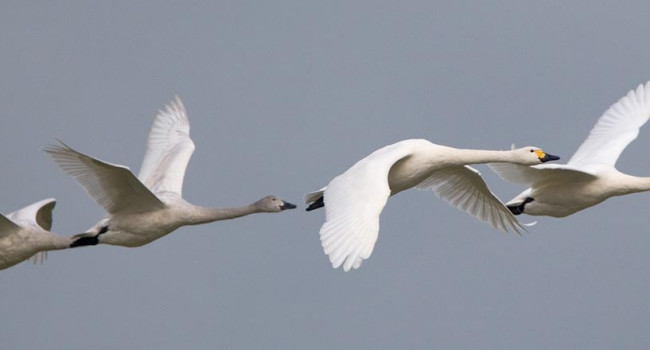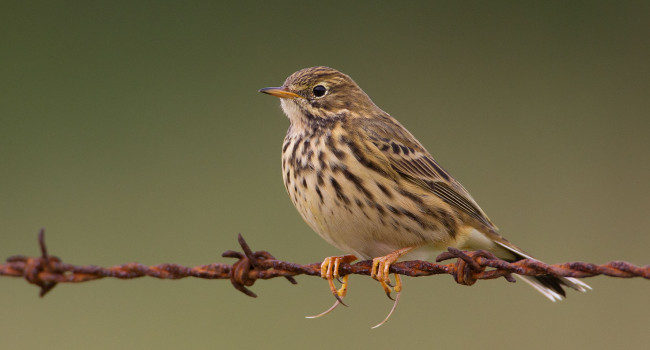Voluntary move away from lead ammunition shows little progress
24 Feb 2021 | No. 2021-05
New research reveals that, a year after the announcement of the voluntary shift away from lead shot to non-lead alternatives, some 99% of shot Pheasants still contain lead shot.
Exposure to spent lead ammunition has been shown to have significant negative impacts on wildlife and human health. A joint statement issued by nine UK shooting and rural organisations on 24th February 2020 sought to encourage a voluntary transition to non-lead shotgun ammunition within five years “in consideration of wildlife, the environment and to ensure a market for the healthiest game products”. One year on and new research, published in the journal Conservation Evidence, suggests that the move away from lead ammunition has got off to a very slow start.
Carcasses of wild-shot Pheasants Phasianus colchicus sold or offered for human consumption in Britain in the shooting season (1st October 2020 and 1st February 2021) were dissected in order to recover any shotgun pellets present. The composition of the shotgun pellets recovered was then identified using emission spectrometry. The results showed that 99% of the 180 pheasants from which shotgun pellets were recovered had been killed using lead shotgun ammunition, compared with 100% in a much smaller study conducted during the 2008/2009 shooting season.
Nigel Clark, one of the two BTO staff who were part of the research team, said, “It is fantastic that UK Shooting organisations have taken the decision to stop the use of lead ammunition within the next five years. Independently verifying progress towards this goal is vital to understanding the effectiveness of their publicity campaign.”
He added, “Maybe it is not too surprising that there has been little uptake of alternative shot during the first winter, given the complexities of running shoots under the Covid restrictions, but hopefully we will see a much greater uptake next winter. Given the benefits to both human health and the environment it is vital that those who shoot follow the lead of the shooting organisations so that the public can eat game knowing that it is not contaminated with lead and, at the same time, help reduce the effect of lead in the environment.”
More information and the full paper can be read here
Contact Details
Paul Stancliffe (BTO Media Manager)
Mobile: 07585 440910
Email: press [at] bto.org (subject: News%20release%20enquiry)
Nigel Clark (Researcher)
Email: nigel.clark [at] bto.org (subject: pheasants%20and%20lead%20shot%20press%20release)
Images are available for use alongside this News Release. These can be downloaded from this link for which you will need to enter the password 'colchicus'. alternatively, please contact images [at] bto.org quoting reference 2021-05
1. The research was carried out jointly by a number of organisations including:
Department of Zoology, University of Cambridge, Downing Street, Cambridge CB2 3EJ, UK
Centre for Conservation Science, RSPB, The Lodge, Sandy, Bedfordshire SG19 2 DL, UK
Environmental Research Institute, University of the Highlands and Islands, Castle Street, Thurso KW14 7AP, UK
British Trust for Ornithology, The Nunnery, Thetford, Norfolk IP24 2PU, UK
Wildfowl & Wetlands Trust, Slimbridge, Gloucestershire GL2 7BT, UK
Department of Biosciences, Durham University, South Road, Durham DH1 3LE, UK
Department of Archaeology, Durham University, South Road, Durham DH1 3LE, UK
Environmental Change Institute, Oxford University Centre for the Environment, South Parks Road, Oxford OX1 3QY, UK






Share this page